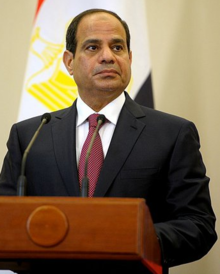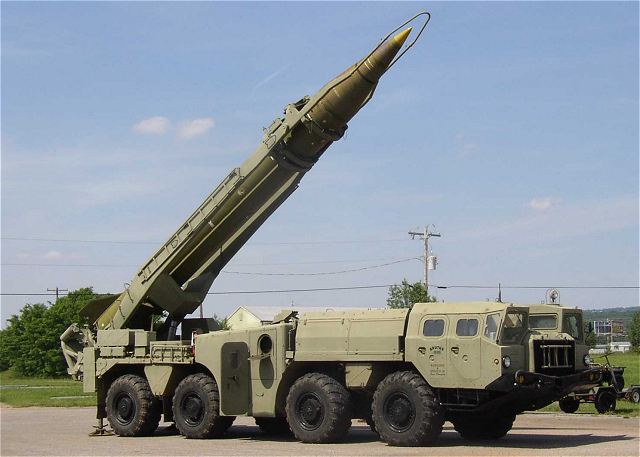Last week, the terrorist group known as ISIS, or Daesh, beheaded 21 Egyptian Coptic Christians in Libya and released a graphic video titled “A Message Signed with Blood to the Nation of the Cross.” Using brutality and savagery as both a marketing tool and a tactic to suppress dissent, ISIS has shocked the world once again.

This was also the first video depicting ISIS militants outside their seized territories in Syria and Iraq, which is alarming for neighboring Egypt and the United States, as the Obama administration seeks approval for the use of military force against ISIS. With local tribes in lawless Libya already pledging allegiance to ISIS, a war against the group is likely to go beyond its core stronghold in Iraq and Syria. While ISIS poses a threat to the global community, its immediate threats to neighboring Arab countries, like Egypt and Jordan, are far more serious. With the beheading of 21 Egyptians and the recent murder of Jordanian pilot Muath El Kaseasbeh, it looks like the Arab countries will fight this war.
The internal conflict in Libya since the fall of Muammar Gaddafi’s regime is nothing short of complicated, with two rival coalitions of militias fighting one another for control of the oil-rich country. Libya’s elected parliament and its government, led by Prime Minister Abdallah el-Thinni, has little to no authority, since it was run out of Tripoli last summer by militias. This government now operates in the eastern cities of Bayda and Tobruk, while rival coalitions took control of the capital and established another government in the western part of Libya.
Due to the absence of any form of effective government and increase in lawlessness, many extremist Islamist groups like ISIS and al-Qaeda sought Libya as another safe haven to expand their operations. Many of the radical Islamists groups battling for power in Libya have already pledged their allegiance to ISIS and have taken control of a few cities, including Derna and Sirte. Many analysts believe that if this situation persists, Libya could become another Syria or Iraq, which should be alarming due to the country’s geographical proximity to Europe and its abundance in natural resources. If ISIS-affiliates gain control there, they will be able to increase their funding and threaten Europe.

For Egypt, which has faced a series of terrorist attacks in the Sinai Peninsula, having groups like ISIS gain ground along its western border serves as threat to its national security. Egypt has already responded to the murder of its citizens with a series of airstrikes against ISIS in Libya by hitting the city of Derna, and President Abdelfattah el-Sisi has stated that the fight will continue. Sisi has called upon the international community, mainly Europe and the United States, to join in a military intervention in Libya in order to contain the growth of ISIS. Last week, he met with the leaders of France and Italy, while sending Egypt’s Minister of Foreign Affairs to New York to consult with the UN to discuss the alarming situation in Libya. With other extremist Islamist groups in Sinai pledging allegiance to ISIS and heavily relying on smuggling weapons from Libya, Egyptian security officials are ensuring that they “will not allow any danger to come closer.”
Egypt’s involvement in Libya’s chaos comes at a complicated time for the government in Cairo, as the country tries to revive its post-Arab spring economy and suppress a potential Islamist insurgency in Sinai. Since Sisi took power last year, Islamist groups in Sinai have killed hundreds of soldiers and policemen, which is exactly why Egypt saw no choice but to respond to ISIS in Libya. The Egyptian government needed to send a message to any domestic radical Islamist group, while showing the international community that Egypt faces a real threat of terrosim on its borders. In addition, there are thousands of Egyptian workers in Libya who needed to feel protected, even though they began to flee the country this week. Moreover, the Egyptian public would not have reacted well after seeing Jordan’s response to the killing of their pilot. Thus, Egypt needed to respond cautiously and strategically.
With these new developments in Libya, and Egypt and Jordan launching airstrikes against ISIS, it is worth questioning whether the West is willing to provide more than rhetoric and begin coming up with an adequate strategy to eradicate the group.




